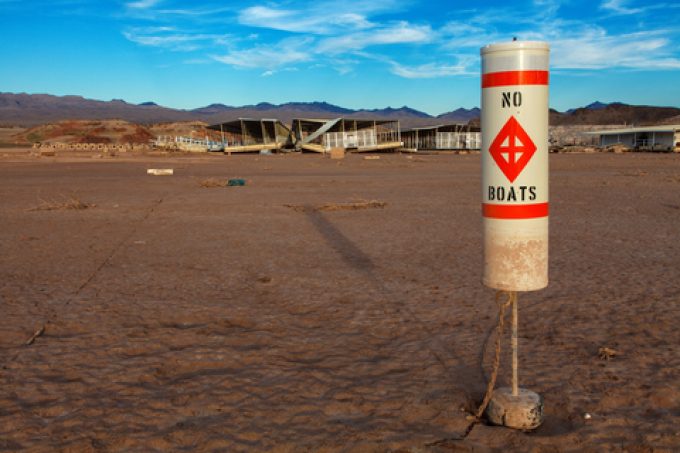Supply chain delays expected after earthquake hits Myanmar
Today’s earthquake in Myanmar won’t have devastating impacts on supply chains, but shippers should expect ...

Amid rising general support for a CO2 levy, Xeneta has highlighted the vulnerability of shipping to climate change, evidenced by the drying-up of critical trade arteries over the past 12 months.
The World Shipping Council (WSC) said its proposed Green Balancing Mechanism was “very positively received” at last week’s MEPC 81 in London.
The initiative hit the headlines when WSC major shipping line members Maersk, Hapag Lloyd, Evergreen and others endorsed an increase in the cost of fossil fuels concomitant with the ...
'Disastrous' DSV-Schenker merger would 'disrupt European haulage market'
New senior management for DSV as it readies for DB Schenker takeover
Volumes set to 'fall off a cliff' as US firms hit the brakes on sourcing and bookings
Asian exporters scramble for ships and boxes to beat 90-day tariff pause
Amazon pushes into LTL for small package fulfilment and UPS does a u-turn
Temporary tariff relief brings on early transpacific peak season
Pre-tariff rush of goods from US to China sees air rates soar, but not for long
Forwarders 'allowing the fox into the chicken run' by supporting 'hungry' carriers

Comment on this article